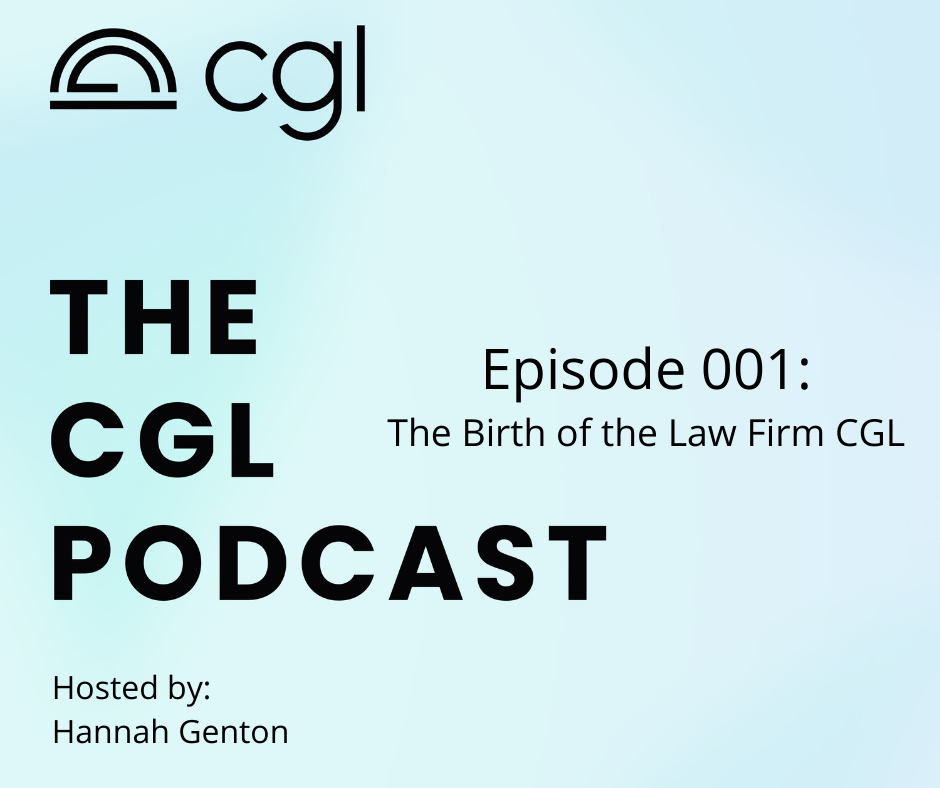For a primer on burnout and the typical symptoms, read “Are you on the Brink of Burnout”.
Why is Burnout so Prevalent Amongst Lawyers?
It’s unsurprising that lawyers suffer at the hands of burnout. The legal industry, in its very essence, lends itself to burnout. It’s a fast-paced, high-stakes environment that demands long hours and near perfection. For many lawyers, there is the finish line problem—the feeling that there is always more to do: more emails to respond to, more hours to bill and more documents to file. This is particularly true now that clients expect their lawyers to be on hand, ready to help, almost 24/7.
What’s more, the legal culture rewards a job well done with more work, higher expectations, and increased responsibility. One would expect that this dynamic would disincentivize lawyers from producing quality work-product, but the reality is that failure is not an option for most lawyers and their intrinsic need to succeed propels them to keep pushing, even when it’s too much. As a result, all-stars are especially vulnerable to burnout.
Why Should Firms Care About Burnout?
In addition to the consequences of burnout for individual lawyers, burnout also negatively impacts the law firms that employ them. Not only do burnt out lawyers work less effectively and productively, they are also more likely to leave the firm. When attorneys leave a firm, the firm not only loses valuable institutional knowledge and relationships with clients, but it loses its long-term investment in the attorney.
As a result, there is a significant financial consequence when attorneys leave firms—according to the National Association for Law Placement, the loss of just one associate can cost a firm between $200,000 and $500,000, which translates into several billions of dollars per year for top U.S. law firms. In addition, firms will incur the hidden costs of recruiting and training new associates to replace those who leave as a result of burnout.
How can Firms Help Prevent Lawyer Burnout?
Firms should be asking themselves how they can prevent lawyer burnout. To truly achieve this, however, a seismic shift away from the traditional legal culture needs to occur. The first step in the fight against lawyer burnout is creating a work-culture where talking about burnout is not stigmatized and is taken seriously. Instead of bottling it up and living in fear, attorneys need to be able to reach out in circumstances where the demands of the job exceed the resources they have. Partners need to foster a work environment where discussions about stress and burnout are welcomed, not shunned.
Firms should also consider offering temporary solutions to burnout, such as sabbaticals and part-time work with reduced billable requirements. This will allow attorneys time to recharge their batteries and will engender loyalty so that attorneys return to the firm and don’t simply leave for another firm or leave the practice of law altogether. In addition, firms should more consciously work to create an environment that promotes: Camaraderie; Work-life balance; Healthy habits; A sense of purpose; Support during high-stress times; and Lawyer input regarding their workload.
Why are Lawyers Turning to Virtual Law Firms?
Virtual law firms, which employ attorneys on a project basis, offer attorneys who are feeling burnt out the opportunity to continue practicing law in a way that is tailored to their needs. They have freedom to say no to work and have greater input into the type and volume of work that they take on.
Moreover, virtual attorneys are also able to work flexibly from anywhere in the world and have greater control over their time and schedule. As a result, many lawyers suffering from burnout are able to find the work-life balance they need. This ability to take control of their lives, practice and time is one of the many reasons that lawyers are turning to virtual law firms as a solution to the burnout problem.
For example, Jennifer Gumer—the head of CGL’s regulatory and compliance practice—feels that as a result of the autonomy and flexibility she has working at CGL, she has forged closer connections with her community and improved her quality of life. Jennifer also finds value freelancing for a virtual firm because it allows her to work on all aspects of a file, instead of just smaller pieces of the puzzle.
Disclaimer
The materials available at this website are for informational purposes only and not for the purpose of providing legal advice. You should contact your attorney to obtain advice with respect to any particular issue or problem. Use of and access to this website or any of the e-mail links contained within the site do not create an attorney-client relationship between CGL and the user or browser. The opinions expressed at or through this site are the opinions of the individual author and may not reflect the opinions of the firm or any individual attorney.



